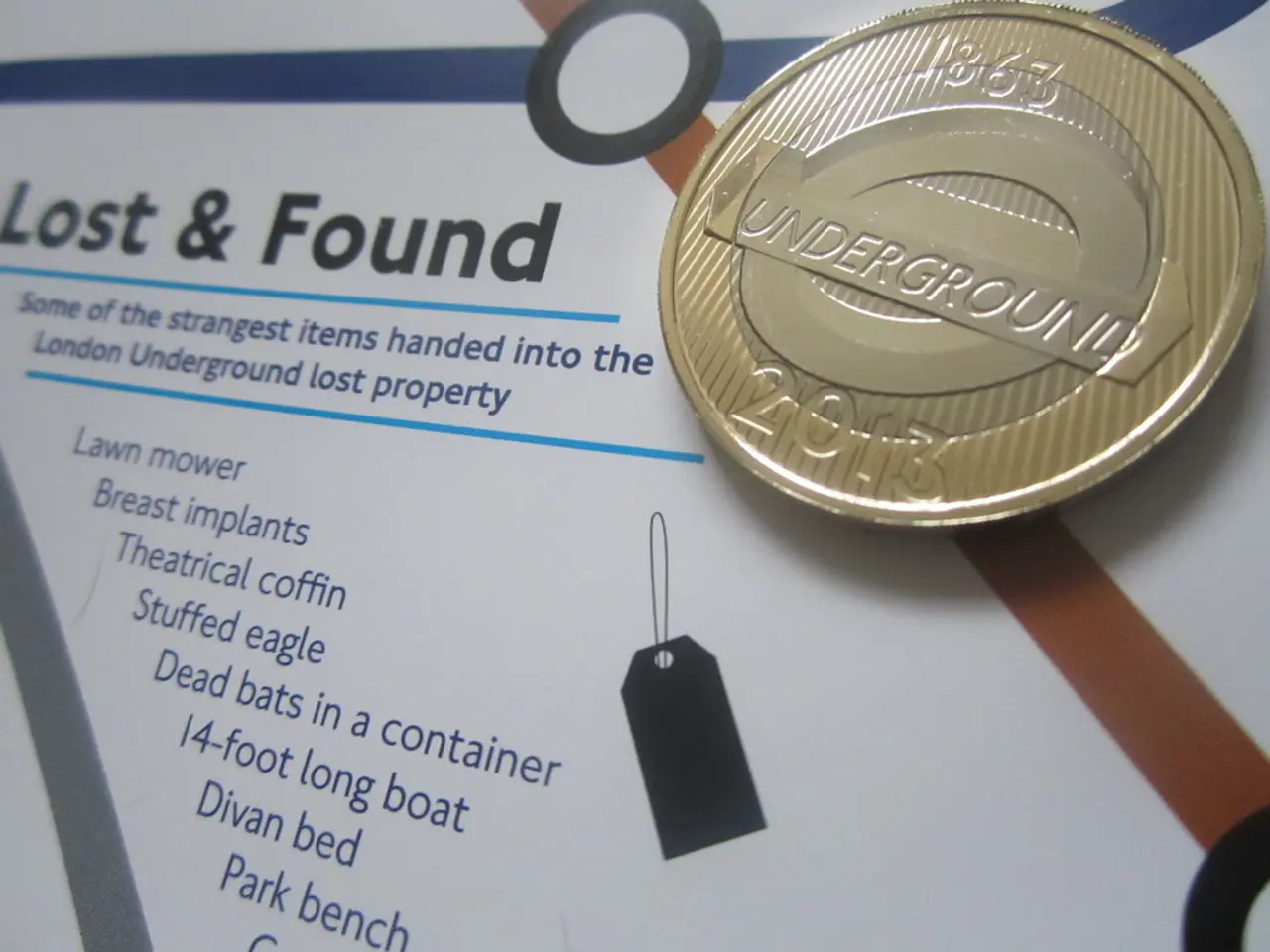Regulatory Overview of Cryptocurrencies in Switzerland-2023
In the ever-evolving world of cryptocurrencies, Switzerland has taken a significant step in establishing robust anti-money laundering (AML) regulations for digital asset services. The Swiss Anti-Money Laundering Act (AMLA) now covers digital asset services, including cryptocurrency trading and decentralized finance (DeFi), primarily.
Cryptocurrency exchanges operating in Switzerland must obtain the appropriate license from the Swiss Financial Market Supervisory Authority (FINMA) and are treated as financial intermediaries subject to AML regulations under AMLA. The Swiss Distributed Ledger Technology (DLT) Act, effective recently, has extended AMLA’s scope to include DLT trading facilities, meaning these facilities and virtual currency payment providers now fall under AML rules.
The AML regulations ensure that the same standards applied to fiat money also apply to cryptocurrencies, preventing criminals from disguising illegal funds as legitimate crypto assets. The regulations cover more activities related to virtual currencies, but they exclude software providers or licensors who do not maintain long-term business relationships with end customers.
Regulatory compliance requires crypto companies to maintain robust internal AML risk policies, conduct extensive background checks on participants, and have detailed business plans when applying for crypto licenses in Switzerland. Local incorporation, substance, and transparency are also enforced as part of the licensing requirements.
This framework aligns with international standards like those set by the Financial Action Task Force (FATF), reinforcing Switzerland’s position as a stringent but innovation-friendly regulatory environment.
In 2022, Switzerland introduced tougher regulations regarding AML checks to prevent a threshold of CHF 1000 (approximately $1,070) from being exceeded through smaller, linked transactions within thirty days. For DLTs, additional information about custody, clearing and settlement, and trade and self-regulatory organization is required.
The common criteria for all applicants include general information, information about share capital, organization chart, qualified participants, business activity and internal organization, business plan, risk organization, compliance and internal control system, policies relating to the combating of money laundering and terrorist financing, sanctions regime, reporting and transaction monitoring, IT and application landscape, internal system connections, and information about auditors.
FINMA publishes individual licensing guides for different types of companies, including DLTs, banks, and FinTech companies. FINMA does not use the concept of Virtual Asset Service Providers (VASPs). Instead, crypto companies are considered regulated if they fall under one of the categories of financial intermediaries.
It's essential to note that AML regulations do not apply to utility tokens as long as the main reason for issuing the tokens is to provide access rights to a non-financial application of blockchain technology. However, asset tokens, which function similarly to stocks or bonds, are subject to security rules. Payment tokens, used only as a means of payment and don't include any claim to the issuer, are not subject to AML regulations.
In conclusion, Switzerland's AML regulations for crypto exchanges are comprehensive, combining licensing requirements, expanded legal definitions, and strict supervisory mechanisms focused on transparency, investor protection, and aligning crypto with traditional financial AML principles.
The Swiss Distributed Ledger Technology (DLT) Act has extended anti-money laundering (AML) regulations to include DLT trading facilities, making these facilities and virtual currency payment providers subject to AML rules. Cryptocurrency exchanges in Switzerland must adhere to robust internal AML risk policies, conduct extensive background checks, and maintain detailed business plans when applying for a license from the Swiss Financial Market Supervisory Authority (FINMA), treating them as financial intermediaries subject to AML regulations under the Swiss Anti-Money Laundering Act (AMLA). This aligns with business practices and technology standards in the broader realm of finance and technology.




